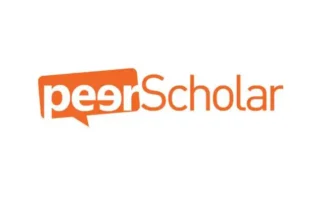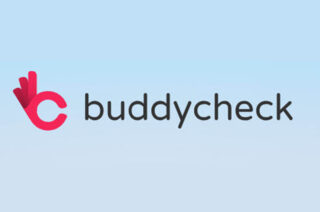Factsheet: Peer Learning

Introduction
Peer learning involves students learning with and from each other. This may be an informal arrangement between students, through an organised scheme such as PASS or via activities in lectures and support classes. See ‘An integrated approach to encourage student-centered learning’ as a case study in implementing such techniques in a first year Physics course at the University.
Peer learning has been shown to be highly effective. As well as helping them to understand course material, students learn how to learn from their peers.
In your course units you can encourage your students to learn from each other by creating opportunities for peer interaction. There are several tried and tested methods:
- Peer instruction
- Think, pair, share – pose a problem, get students to think about it on their own, discuss it with another student and then share it with the whole class.
- Group presentations and projects.
- Peer assessment – students provide formative feedback on each other’s work. Compare Assess is a software package that can be used to facilitate this process – students are asked to rank and provide feedback on a selection of anonymised pieces of work by their peers. Click here for more information on available Peer Assessment tools.
- Online discussion forums – using Blackboard or social media.
The University has been running peer support schemes for over 20 years. Our departments now offer PASS (Peer Assisted Study Sessions) or Peer Mentoring to all first year students. For more information go to www.peersupport.manchester.ac.uk.


